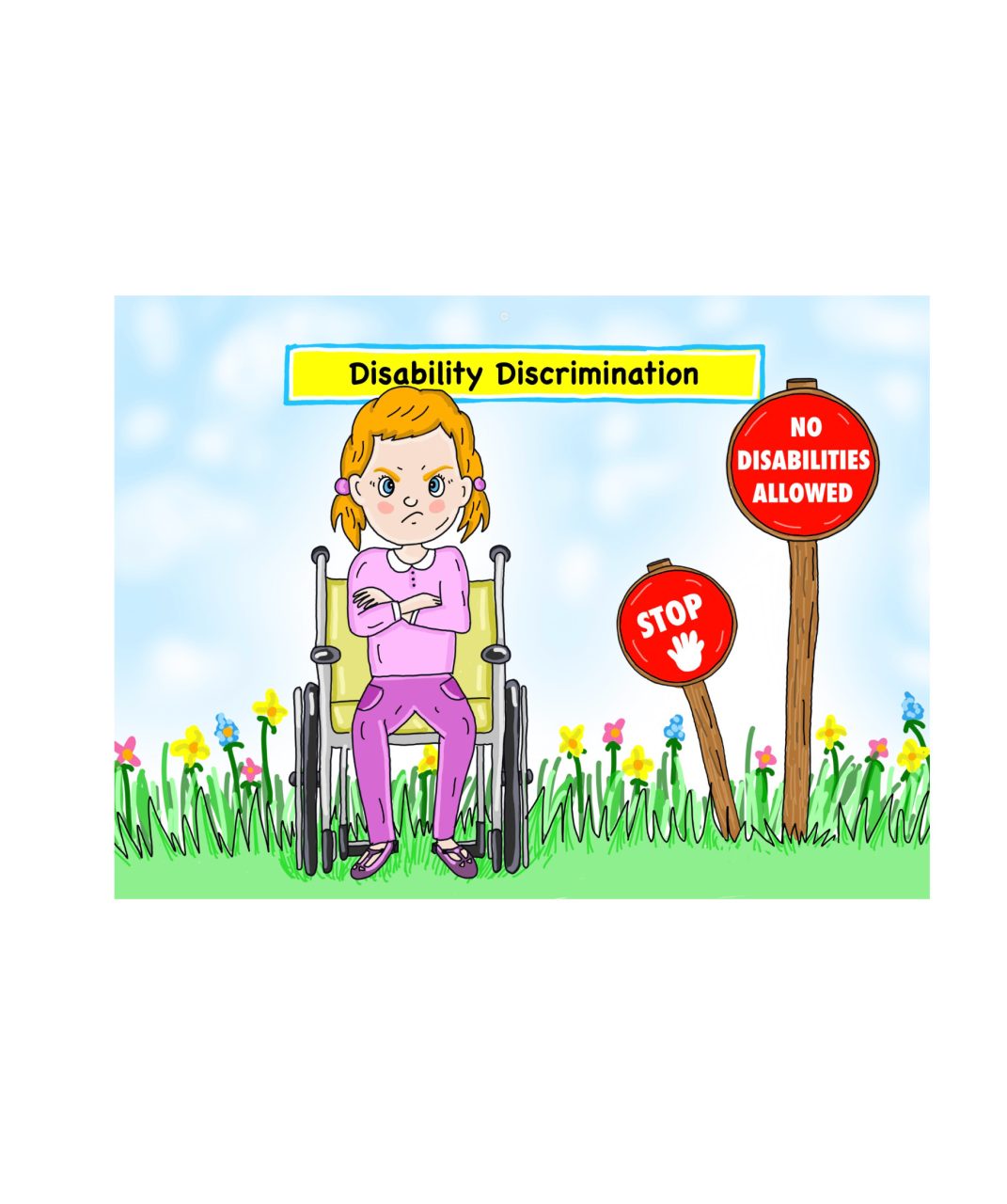Disability Discrimination Claims
As more children and young people with complex needs and disabilities attend mainstream settings, it is inevitable that issues of discrimination are likely to arise leading to claims being made under the Equality Act.
The Equality Act protects those with a disability from being treated less favourably by schools and that includes maintained schools, academies, free schools and independent schools. It is important to bear in mind that discrimination does not need to be deliberate or wilful and can occur in the following circumstances:
- A child being placed on a “part time timetable”;
- A child with a disability being excluded from school without reasonable adjustments being made to meet their needs;
- A child being prevented from attending a school trip because of their disability and being treated less favourably than other children; and
- A child being denied admission to school because the school perceives that it cannot cater for their disability.

It is not sufficient for schools to say that they were not aware that a child had a disability, they need to take positive steps to support and identify children who are presenting with long term difficulties, which may fall within the definition of a disability.
What is involved in bringing a claim
Claims for disability discrimination are brought against the Responsible Body for the School. The time limit for bringing a claim for disability discrimination against the Responsible Body of a school is six months, although it may be possible to argue that there is a “continuing breach” depending on the nature of the claim.
Where a child is the victim of discriminatory treatment parents have the right to bring a claim before the Special Educational Needs and Disability Tribunal (SENDIST).This is a specialist and independent Tribunal which sits within HM Court Service and is tasked with deciding disputes in this area. Claims are brought against the Responsible Body for the School, which may be the Governing Body or in the case of an independent school, the proprietor.
It is important to bear in mind that the Tribunal is a legal proceeding, albeit more informal, and when bringing claims you will need to ensure that you have the evidence to support your claims that the school has discriminated against your child.

How long does the process take
The disability discrimination tribunal process can be gruelling for parents and the process can take up to 20 weeks from lodging the claim.
On lodging the claim, the Tribunal will fix a hearing date and issue case directions for the disclosure of evidence by both parties. They may also convene a case review hearing to determine whether the grounds of claim are arguable and give directions on what aspects can be considered.
Most Tribunal hearings taken place remotely although an “in person” hearing may be requested if you have particular reasons.
All Tribunal hearings are managed by a specialist Judge who is legally qualified and they will be assisted by two specialist panel members. They have experience in disability related issues and are there to assist the Judge in reaching a decision.
Decisions are not issued on the day and are normally received within 10 working days from the date of the hearing.
What happens if the claim is successful
No financial compensation is available in the SENDIST where a claim of discrimination is found.
The Tribunal may make a range of orders which, depending on the discriminatory treatment, may include:
- The responsible body being ordered to apologise for the discriminatory treatment.
- The responsible body being ordered to under Equality Act training.
- An exclusion being removed from a child’s school record.
- Amended a child’s school records.
- Where a discrimination claim is upheld, it could be sent to Ofsted to highlight failings within the school which may need to be investigated.
What will all this cost me?
We can assist you in gathering all of the evidence that you will require to bring a claim. The costs of a claim will vary depending on the complexity but the costs of representation and obtaining professional evidence can cost up to £10,000.
Unfortunately, costs are not recoverable from the “losing” party unless they have been shown to have acted unreasonably in responding to the claim. Therefore, pursuing a claim is an expensive financial commitment. On the flip slide, parents who engage legal representation will do so because they may be securing a change in culture at their child’s schools and bringing to the public domain the discriminatory treatment that has taken place.
We can provide you with an initial estimate of costs when you contact us so that you can decide whether legal support is affordable. We are able to reduce our fees by offering fixed fees and low hourly rates.
Case Study:
Part-time timetables
We successfully brought a claim of direct discrimination and a failure to make reasonable adjustments in respect of a child with an EHC Plan who was placed on a part-time timetable for an indefinite period and received no form of education when they were not attending school. The school were require to apologise to the parents and the child concerned and to undertake training in the Equality Act. A copy of the decision was also ordered to be sent to Ofsted.

CASE STUDY:
Exclusion FROM SCHOOL
We acted for a parent whose child with Autism was being regularly excluded from school. We argued successfully that this discriminatory as the school had failed to make reasonable adjustments to address and support the child’s behaviour difficulties. For example, by ensuring that the child was supported and taken to a safe space in periods of crisis. The school were required to remove the exclusions for his school record, to apologise to the Parents and the child concerned. The school were also required to undertake Equality Act training and the outcome was required to be sent to Ofsted.